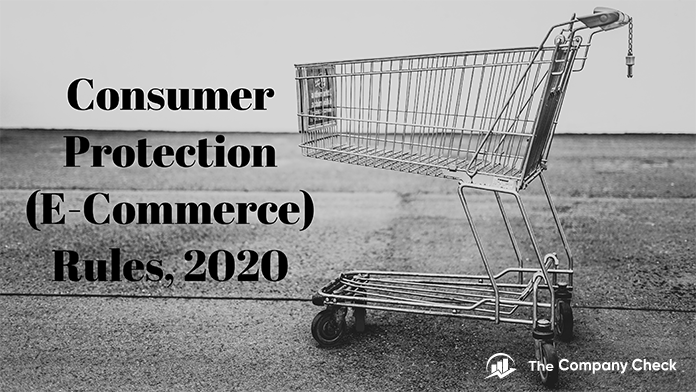On Friday, the government announced new e-commerce rules under the Consumer Protection Act, 2019. These new rules are notified together as the Consumer Protection (E-Commerce) Rules, 2020 by the Ministry of Consumer Affairs, Food, and Public Distributions. These rules will govern the sale of goods sold online through a marketplace or inventory-based model.
The new rules empower the central government to act against unfair trade practices in e-commerce, direct selling. They require e-tailers to facilitate easy returns, address customer grievances, and prevent discriminating against merchants on their platforms. The Consumer Protection Act, 2019 aims to protect the rights of consumers by establishing authorities for timely and effective administration and settlement of consumers’ disputes.
The e-commerce norms under the CPA, 2019 will be applicable to all e-commerce retailers operating in India, whether they are registered in Indian or abroad. There will be penal action taken against e-commerce entities which do not adhere to the Consumer Protection (E-Commerce) Rules, 2020.
Consumer Protection (E-Commerce) Rules, 2020
An “e-commerce entity” has been described as any person who owns, operates or manages digital or electronic facility or platform for electronic commerce, but does not include a seller offering his goods or services for sale on a marketplace e-commerce entity.
The e-commerce entities have been directed to set up a robust complaint redressal mechanism so that customer complaints can be addressed under 48 hours and a resolution is provided within one month. These entities are also required to mention the name and details of any importer from whom they have purchased such goods or services, or who may be a seller on its platform.
In a much welcome move for consumers, the rules state that no cancellation charges shall be imposed after confirming purchase unless the e-commerce entity also has to pay cancellation charges if they cancel the purchase order unilaterally for any reason. The new rules also forbid manipulation of goods and services in a bid to gain unreasonable profit by imposing on consumers any unjustified price having regard to the prevailing market conditions.



